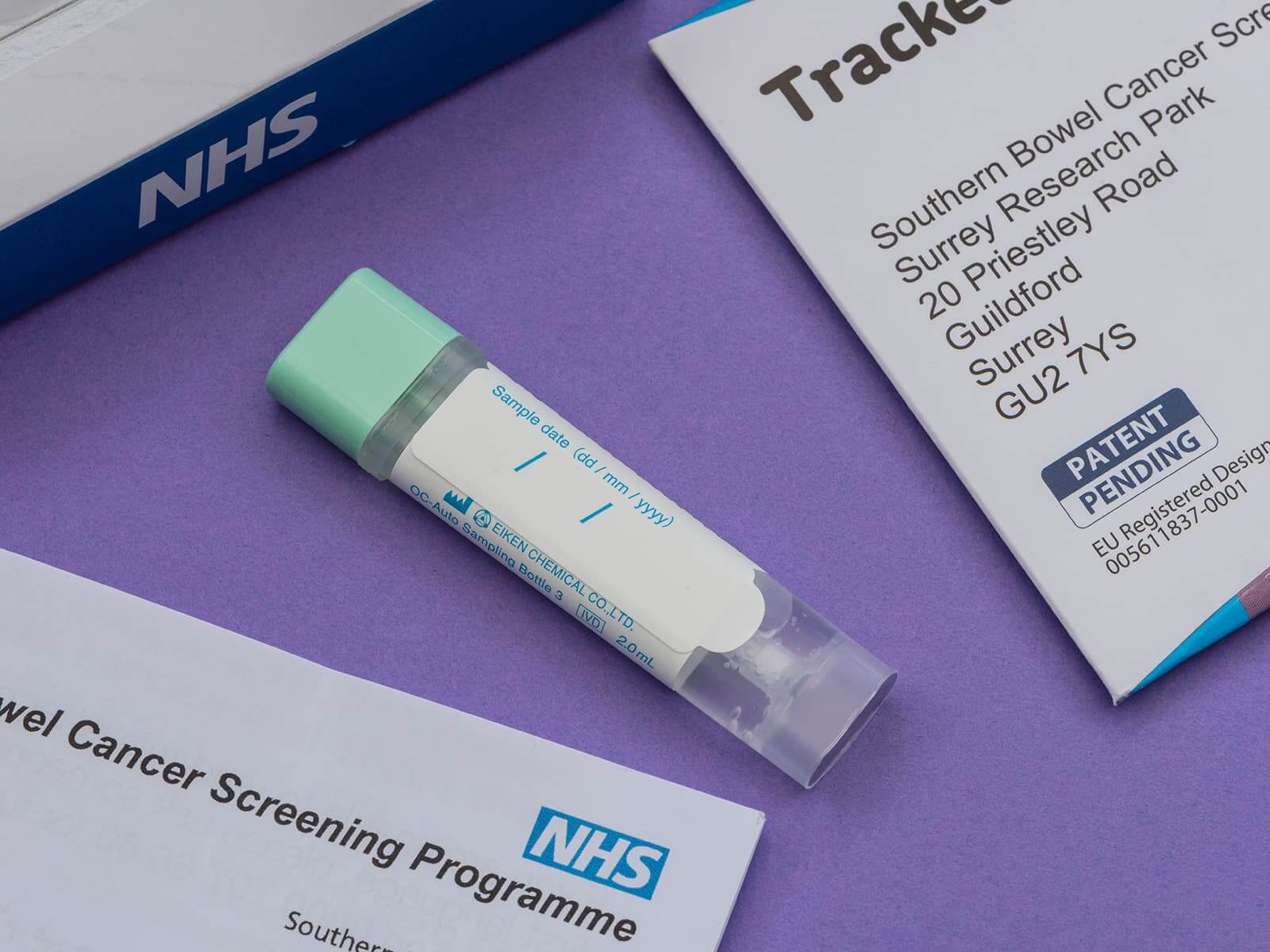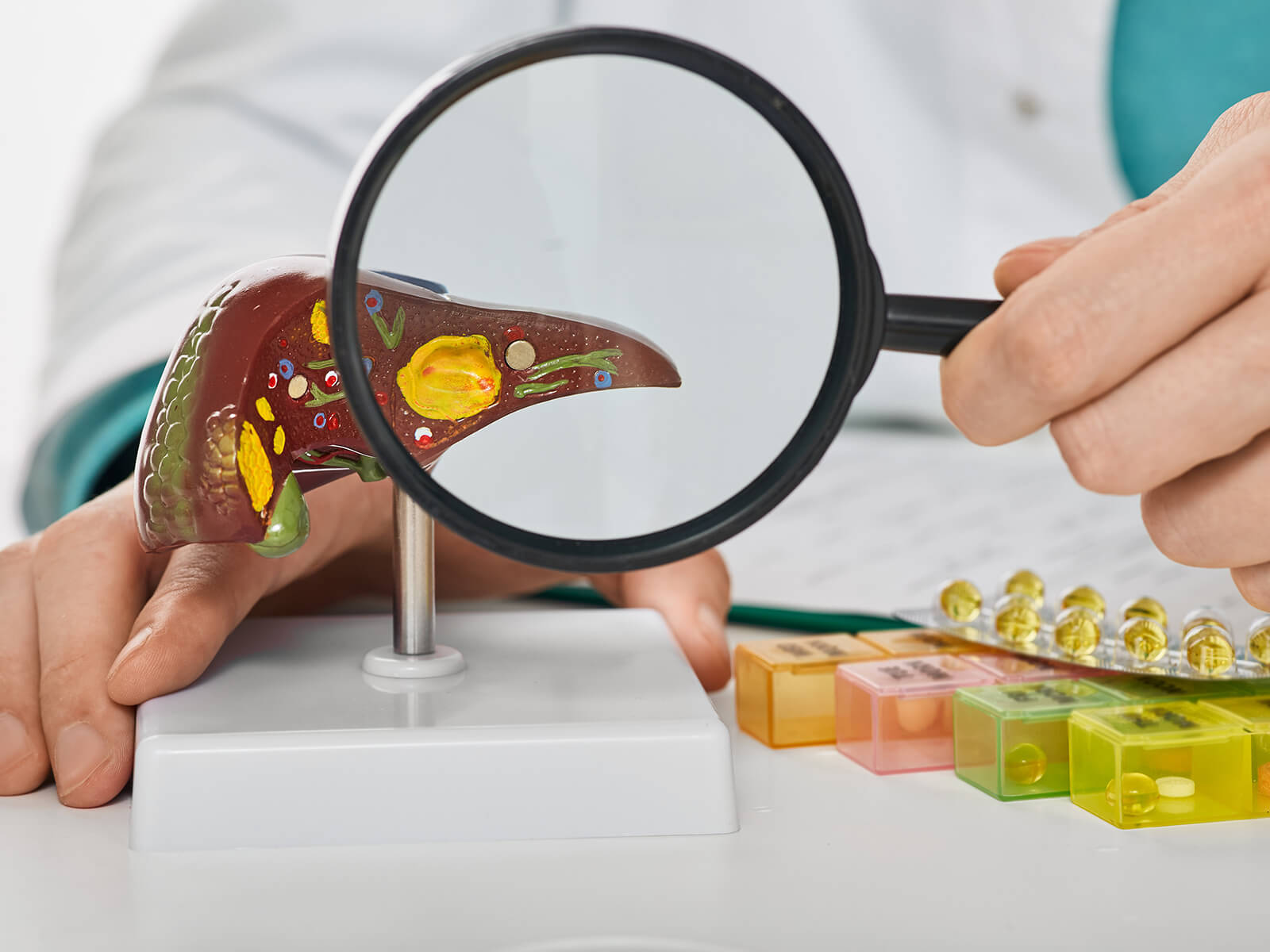Fecal Abnormalities analysis service can be used to diagnose digestive problems by use of comprehensive stool testing.
Read More

Fecal Abnormalities analysis service can be used to diagnose digestive problems by use of comprehensive stool testing.
Read More
Our specialized therapy is a gentle method of evacuating hard fecal impaction, allowing comfort, normal bowel activity, as well as well-being.
Read More
Fecal incontinence care is in a caring way, case-based treatment, and supportive services to help feelings of self-esteem.
Read More
Flatulence presents timely, confidential disodorization services/launches and coaching to aid in getting you out of social encounters without much fuss.
Read More
Flatulence presents timely, confidential disodorization services/launches and coaching to aid in getting you out of social encounters without much fuss.
Read More
Pancreatic Divisa Pancreatic Divisum testing detects the presence of ductal changes and would help plan individual intervention and mitigate persistent symptoms.
Read More
We have a specialized gastric adenocarcinoma clinic that provides a range of diagnostics and specific treatment to maximize the output of our patients.
Read More
Our clinic offers our patients noninvasive diagnosis and specialized treatment to cure stomach lining erosion with no bleeding.
Read More
As our national, professionally trained team, our diagnosis and individual treatment of gastric lymphoma offer caring assistance to patients.
Read More
We offer a partial examination using endoscopic analysis and safe excision to avoid complications to our gastric polyp screening service.
Read MoreGastrointestinal (GI) conditions include acid reflux (GERD), irritable bowel syndrome (IBS), Crohn’s disease, ulcerative colitis, celiac disease, constipation, diarrhea, and more. Our specialists diagnose and treat a wide range of digestive disorders.
If you experience frequent symptoms such as bloating, abdominal pain, acid reflux, constipation, or diarrhea, it’s recommended to see a gastroenterologist for evaluation and diagnosis.
You should consult a gastroenterologist if you experience persistent digestive issues, blood in stool, unexplained weight loss, severe abdominal pain, or difficulty swallowing.
Common diagnostic procedures include endoscopy, colonoscopy, stool tests, breath tests, imaging scans (CT/MRI), and lab work to assess digestive function.
Some GI conditions, like Crohn’s disease, ulcerative colitis, and celiac disease, have genetic components, meaning they can run in families. However, environmental and lifestyle factors also play a role.
Maintaining a healthy diet, staying hydrated, exercising regularly, managing stress, and avoiding smoking and excessive alcohol consumption can help prevent digestive issues.